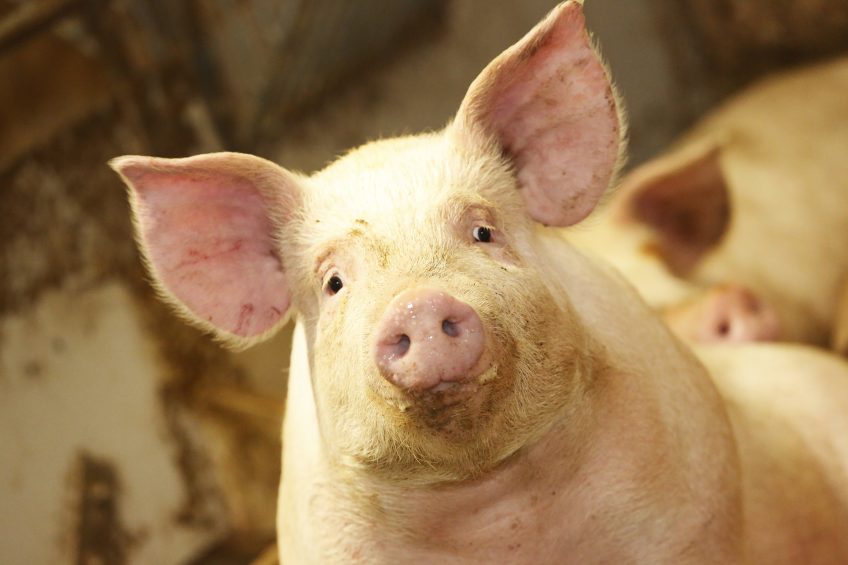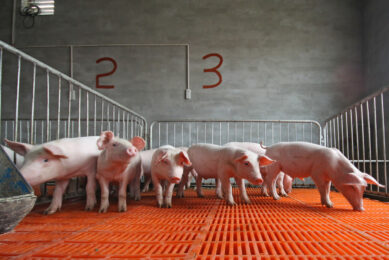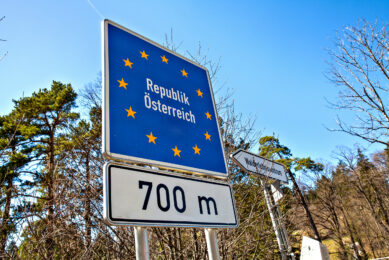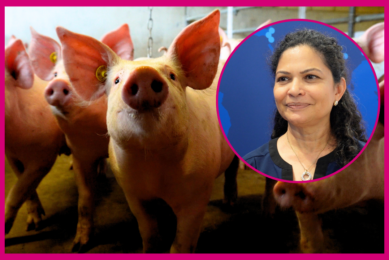Denmark: Bonus for antibiotic-free pigs

Producing pigs without any antibiotics is rapidly gaining ground in Denmark. Antibiotic-free pork is being marketed and producers are rewarded through premiums. Not surprisingly, pig farms are lining up to join the scheme.
At a recent meeting at Denmark’s trade show Agromek, Denmark, it became clear that at least 100 producers have expressed their interest to join the scheme. Since October 2016, Danish meatpacker Danish Crown has been giving a premium of €0.26 per kg on top of the regular price.
3,000-4,000 antibiotic pigs per week
Every week roughly 3,000 to 4,000 pigs are being slaughtered for which the premium is being paid. They hail from 23 pig farms throughout Denmark that aim for complete antibiotic-free production. In 60-80% of all pigs they actually manage to do so.
The 100 additional pig producers will be able to join the scheme as soon as a market has been found for the antibiotic-free pigs. Currently, there is increasing interest in the meat from the US, where there is a specific demand to meat without antibiotics.
MRSA as driver for change
The presentation was given by pig veterinarian Dr Poul Baekbo, senior adviser at Seges, the Danish Knowledge Centre for Agriculture. He noted that methicillin-resistant Staphylococcus aureus (MRSA) has been the driver of change to reduce antibiotic usage in Denmark.
In a historical overview he touched on the year 1994, in which Danish vets were stopped from selling drugs. Pig producers ever since have obtained them from pharmacies, by means of a prescription. Baekbo pointed out to a tendency of fluoroquinolones being used increasingly less as from the beginning of this century.
He mentioned the ‘Yellow Card’ system, introduced in 2010 to punish farmers who were using too many antibiotics. The system comes with specified threshold limits for sows, weaners and finishers. That same year there was a voluntary stop in the use of cephalosporins. The amount of cephalosporins given to Danish pigs rose 6-fold from 2001 to 2007, but has declined after that date, he said.
Tetracycline drop in 2014
Baekbo summed up that the year 2014 saw a 50% reduction in the use of tetracyclines and the year 2016 saw the support for the reduction in the use of colistin.
Baekbo also pointed to a 4-year national action plan in place for MRSA; whereby there must be a 15% reduction of antibiotic use from 2015-18.
Specific Pathogen Free approach
Having healthy pigs in the first place is the backbone of the Danish approach system – that is why the overview included a mention of Specific Pathogen Free (SPF) high health herds. The SPF system started in 1968 and about 95% of nucleus and multiplier herds are SPF; with about 80% of replacements being of SPF status. SPF herds are free from:
– Mycoplasma hyopneumoniae
– Actinobacillus pleuropneumoniae (App)
– Toxigenic Pasteurella multocida
– Brachyspira hyodysenteriae
– Mange mite & lice
– Porcine Reproductive and Respiratory Syndrome (PRRS)
Baekbo pointed to the fact that the health status of any herd can be checked online.
No tetracyclines – possible?
Baekbo said that a current initiative aims to answer the question whether or not all herds can reduce the use of tetracyclines.
Baekbo mentioned that strategies to reduce the dependence on antibiotics include the reduction of post-weaning diarrhoea by use of probiotics, pain killers and immunoglobulins from pig blood.
He also pointed to factors that help pigs survive without the usage of antibiotics, like e.g. enhanced attention for pigs, high levels of hygiene and biosecurity, change in feed and increased age and weight at weaning.











